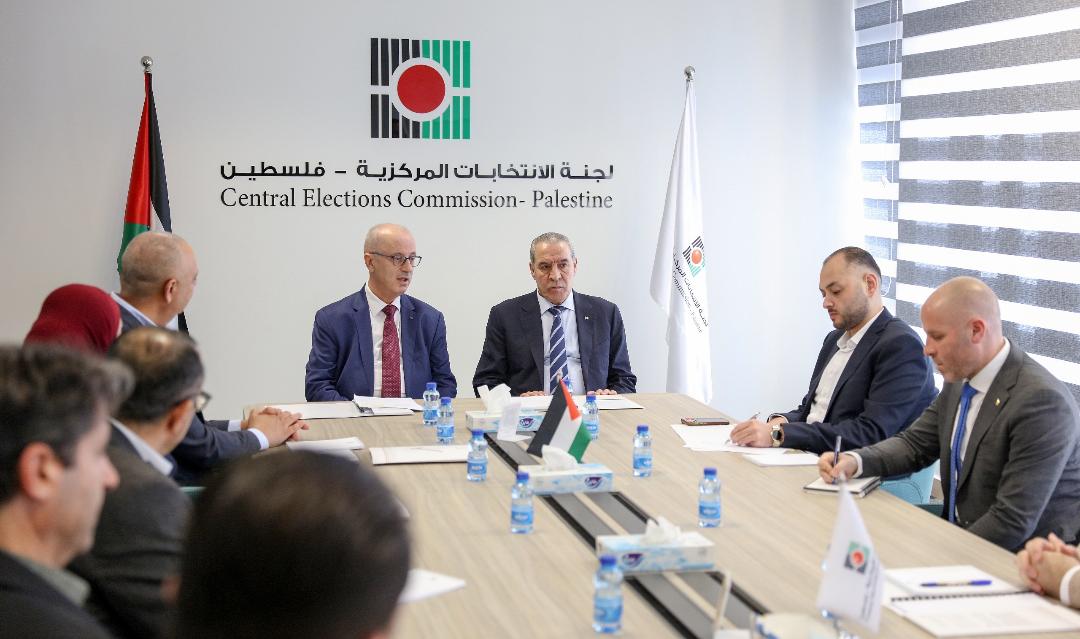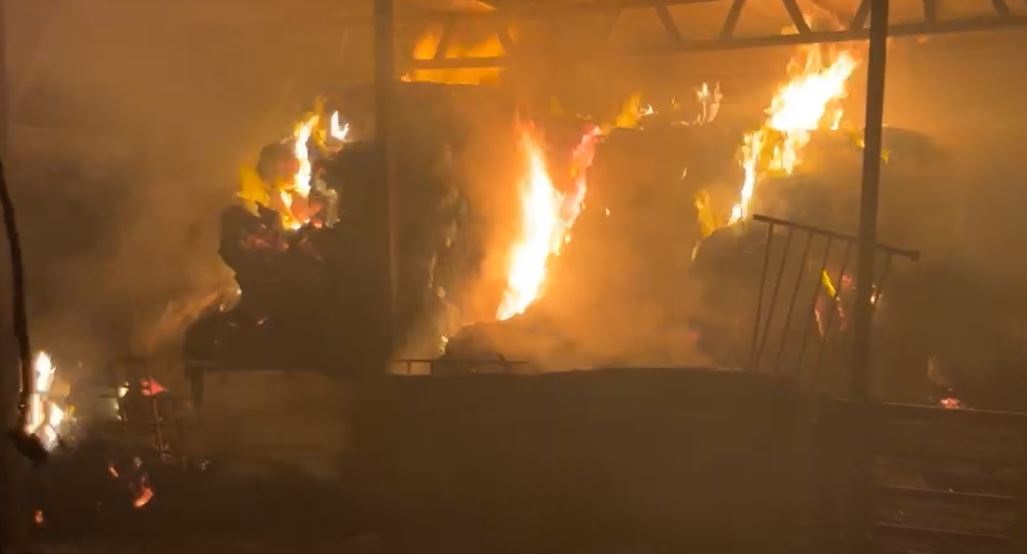NEW YORK, October 29, 2024 (WAFA) - UNICEF Communication Specialist, Rosalia Bollen, said the ongoing violence in northern Gaza has disrupted a critical phase of the polio vaccination campaign, putting nearly 120,000 children at severe risk if they do not receive the second dose before mid-November.
The escalation has led to the postponement of the second vaccine dose, leaving children vulnerable to polio, a highly infectious disease that can cause paralysis or death, she said.
“There are hundreds of people who have been killed over the past weeks. Many more were injured. There are hospitals that have been raided under siege. So, the conditions simply are not there, to roll out this second round in North Gaza,” said Rosalia Bollen, UNICEF’s Communication Specialist in Gaza.
UNICEF’s initial polio vaccination rounds were largely successful in central and southern Gaza. However, recent displacements and a lack of humanitarian access in the north have hindered vaccine distribution.
The deadline to complete the second dose is mid-November, after which immunity in children who received the first dose will sharply decline, she said.
Polin reported that the three UN agencies coordinating the polio vaccination campaign—WHO, UNRWA, and UNICEF—alongside the Palestinian Ministry of Health, were compelled to delay the final stage of the second vaccination round in northern Gaza.
Bollen expressed deep concern about the wider regional impact, adding, “This is a risk not just to the 120,000 children who remain in northern Gaza, children aged ten, and below that is, but also to children in the larger region. And that’s why we are so incredibly worried and pressing for this second round to happen by the beginning of November.”
She emphasized that several key elements are essential for the vaccination campaign’s success, particularly ensuring the safety of healthcare workers, social mobilizers and families bringing their children for vaccination is critical. A stable population is essential for the campaign’s success, she stressed.
Bollen said the relentless bombardment has left healthcare workers exhausted, with hundreds of casualties reported in recent weeks and many more injured. Hospitals have suffered from airstrikes and blockades, creating an environment unsuitable for launching the second phase of the vaccination round in Gaza, she added. These circumstances significantly hinder the ability to conduct health initiatives safely, she maintained.
The initial round of the vaccination campaign, which took place from September 1 to 12, successfully vaccinated 559,161 children, representing about 95% of the target population. The second round commenced in central and southern Gaza on October 14; however, it has been unable to reach children in the northern Strip.
For the last 25 days, the Israeli military has intensified its offensive in northern Gaza, particularly in Jabalia and Beit Lahia, contributing to what is being described as one of the worst humanitarian crises in the world. The relentless bombardment has targeted civilians, resulted in the destruction of homes, and severely hindered the delivery of crucial aid, including food, water, medicine and fuel. This escalation has led to over a thousand fatalities and thousands of injuries. Dozens of people remain missing.
T.R.











